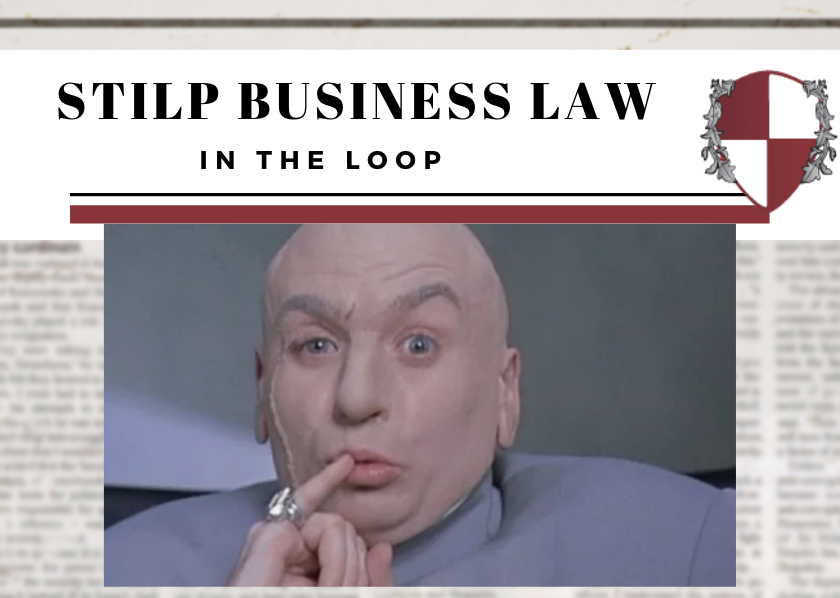Verdict. The word means to speak the truth (in Latin, veredictum). Research has shown the type of verdict form used might affect the result of a trial (Wiggins et al., 1990).
Unknown by clients of attorneys who do not handle a lot of trials, a jury verdict may take three forms: (1) a general verdict, (2) a general verdict with interrogatories, and (3) a special verdict. In this edition of In the Loop, we will discuss each of these verdict forms and when it is best to use each form for your case.
The most common form of verdict is a general verdict. In a general verdict, the jury decides the winner and loser, and the total amount of damages, if any. Unless the attorneys ask the court for a different type of verdict form, the general verdict is the form used by default.
The second type of verdict form, the general verdict with interrogatories, asks the jury to return a decision, along with answers to certain fact questions. In an automobile negligence case, for example, a question to the jury might be the following: “Was the Defendant traveling faster than the posted speed limit of 30 mph when the collision occurred?”
The third type of verdict form, the special verdict, asks the jury to answer multiple questions about specific facts in the case, which then leads to a decision in favor of the plaintiff and against the defendant, or visa-versa.
Both the general verdict with interrogatories and special verdict ask the jury to answer questions; the process structures decision making and makes a compromise verdict less likely. If, for instance, in order to prove a claim five (5) elements are required to make what is called a “prima facie case,” and the jury answers that only four (4) of five (5) elements were proven, then the verdict should be for the defense (because the plaintiff failed to prove all five (5) elements).
But what if the jury mistakenly renders a verdict for the plaintiff? According to the law, the court is to follow the answers to the questions, which will supersede the incorrect result. In addition, if there is an appeal, and the verdict is reversed, with a general verdict, the case must be re-litigated in its entirety, but with special verdict, only the questions affected by the error have to be re-tried.
Having taken over 150 cases to trial, knowledge and expertise about which verdict form to use can make a difference between winning and losing a case.
This article was based on Fed. R. Civ. Pro. 49 and research of Wiggins, E. C., & Breckler, S. J. (1990). Special verdicts as guides to jury decision making. Law & Psychol. Rev., 14, 1.



